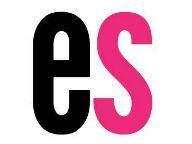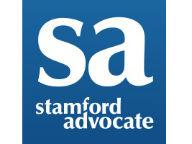Faculty News
—
Professor Aswath Damodaran comments on CME Group's planned launch of a futures marketplace for bitcoin
—

Excerpt from the Chicago Tribune -- "'It makes complete sense from the perspective of the pricing game. It’s a traders’ game right now,' said Aswath Damodaran, finance professor at New York University’s Stern School of Business. 'It does absolutely nothing in advancing bitcoin’s cause as a digital currency.'"
Faculty News
—

Excerpt from the Chicago Tribune -- "'It makes complete sense from the perspective of the pricing game. It’s a traders’ game right now,' said Aswath Damodaran, finance professor at New York University’s Stern School of Business. 'It does absolutely nothing in advancing bitcoin’s cause as a digital currency.'"






















